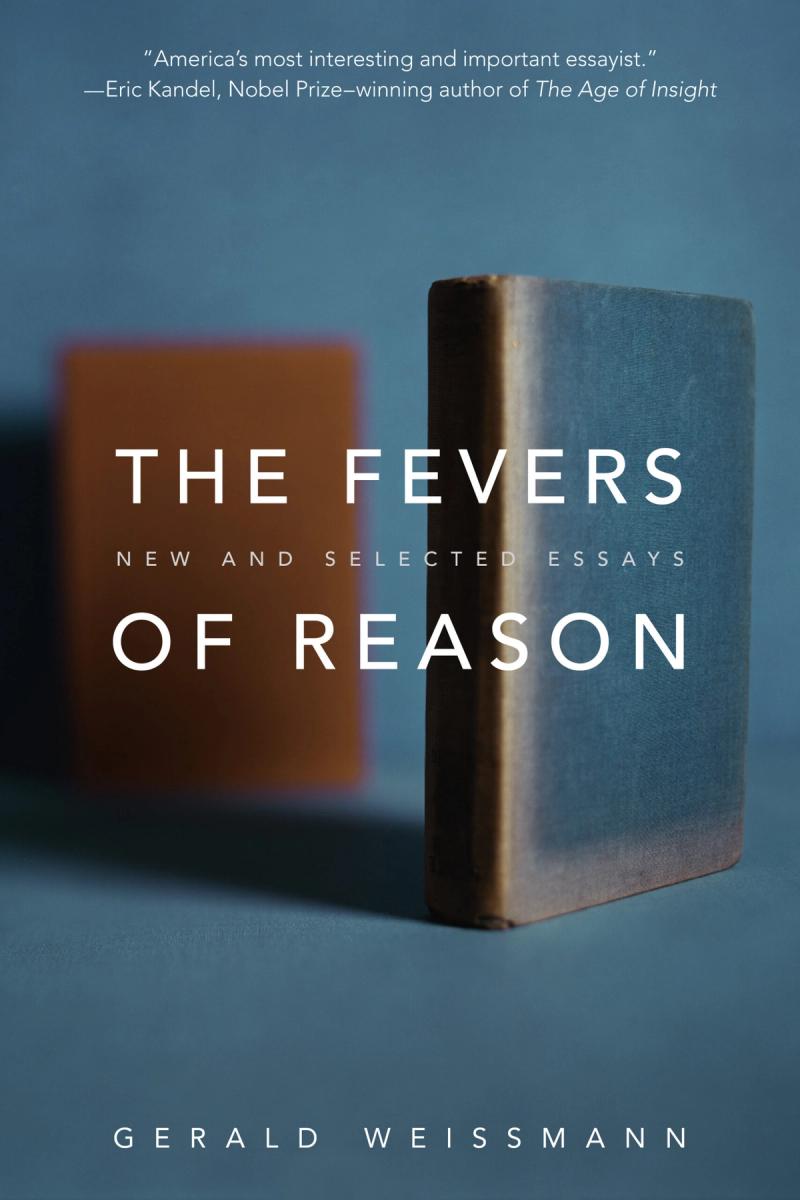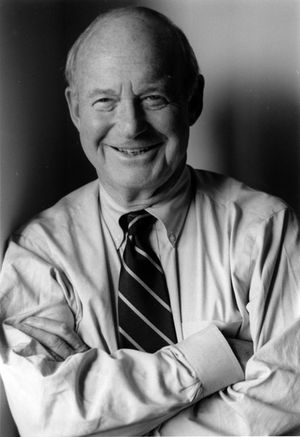A rich layering of past, present, science, and literature to present diverse takes on the issue at hand. . . . Weissmann not only endeavors to connect the realms of literature and medicine, but also to create community among readers in light of class, race, religion, and age.
The Fevers of Reason
New and Selected Essays
In this diverting collection of essays, Gerald Weissmann looks back on decades of a career spent working at the intersection of the arts and sciences. The Fevers of Reason features some of his best and most representative works, alongside eleven new essays never before published in book form. Masterfully drawing from an array of subject areas and time periods, he tackles everything from Ebola to Eisenhower, Zika to Zola, Darwin to Dawkins, showcasing his singular contribution to humanistic science writing.

Paperback
- ISBN
- 9781942658320
Ebook
- ISBN
- 9781942658337
“How a Letter from Einstein Saved a Scientist from Nazi Germany” Read an excerpt from Gerald Weissmann’s The Fevers of Reason: New and Selected Essays at the Literary Hub.
Gerald Weissmann (August 7, 1930 – July 10, 2019) was a physician, scientist, editor, and essayist whose collections include The Fevers of Reason: New and Selected Essays; Epigenetics in the Age of Twitter: Pop Culture and Modern Science; Mortal and Immortal DNA: Science and the Lure of Myth; and Galileo’s Gout: Science in an Age of Endarkenment.
visit author page »Praise for The Fevers of Reason
Highly accessible, entertaining. . . . Every current theme, including buzz about free radicals and the 2014 Ebola outbreak, is tempered with a historical anecdote. Here, too, are cautionary concerns about henna tattoos, reminders to beware of ‘alternative science,’ and lots of humor. Weissmann’s science writing is juicy and conversational.
Expertly hopscotch[es] across all sorts of topics. . . . Weissmann’s humanist, sometimes sardonic, voice binds together disparate strands to show how all human endeavor is linked. . . . Weissmann clearly sees how history obfuscates the work of women, people of color and immigrants, and tries to alter that. . . . Anyone with an interest in American scientific or literary history will enjoy this collection.
Weissmann’s project is to show how science and culture aren’t as distant as often thought, and the best of the essays are wonderfully stimulating and exciting in how they make this point. . . . Admirers will be captivated anew.
— Publishers Weekly

